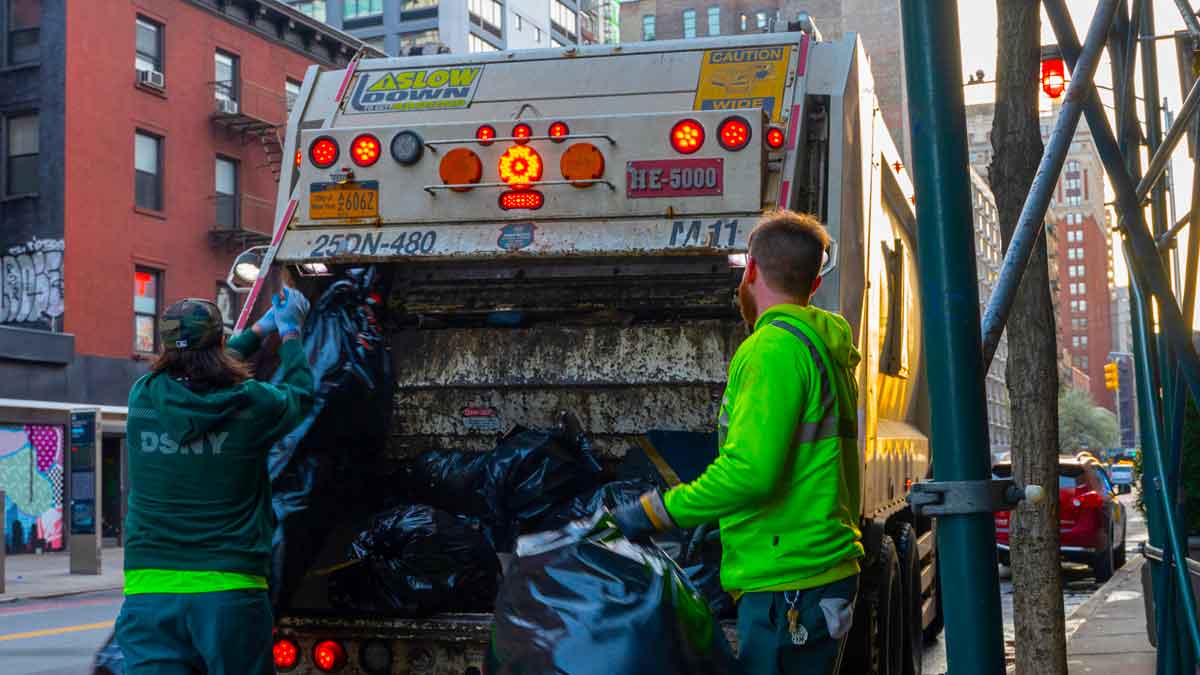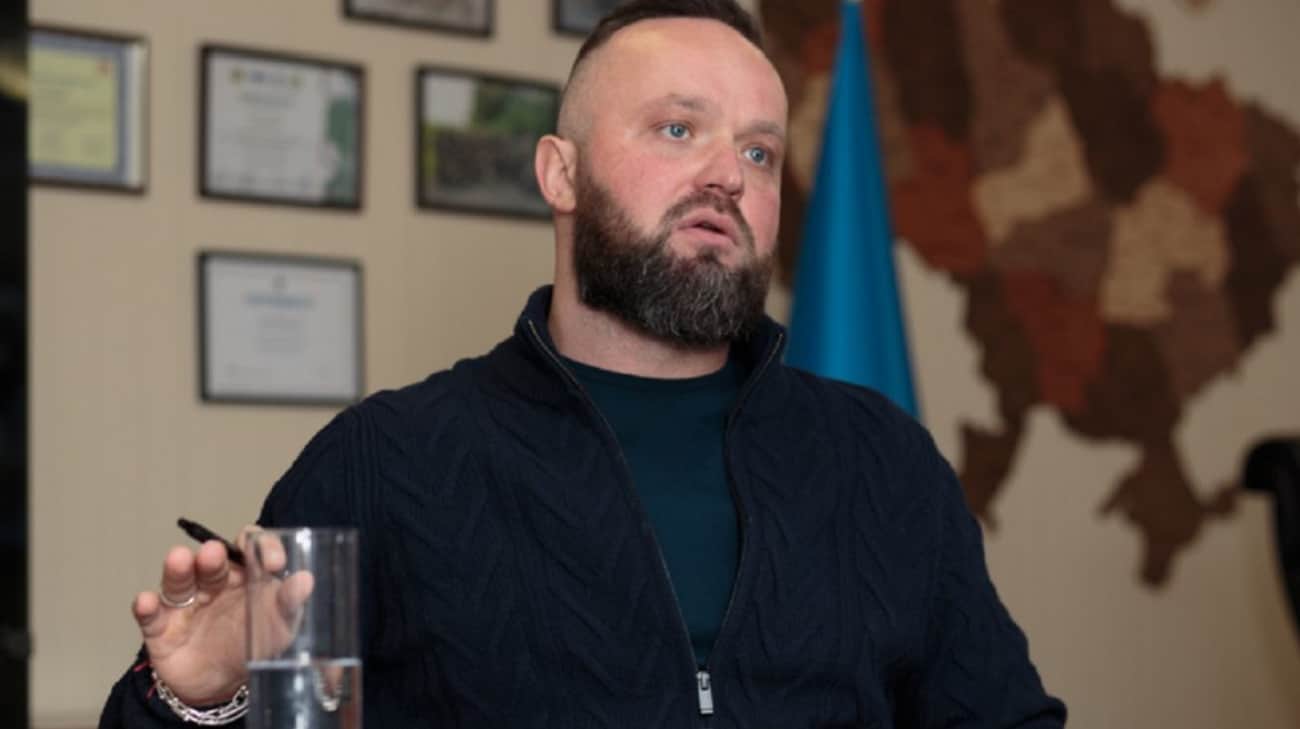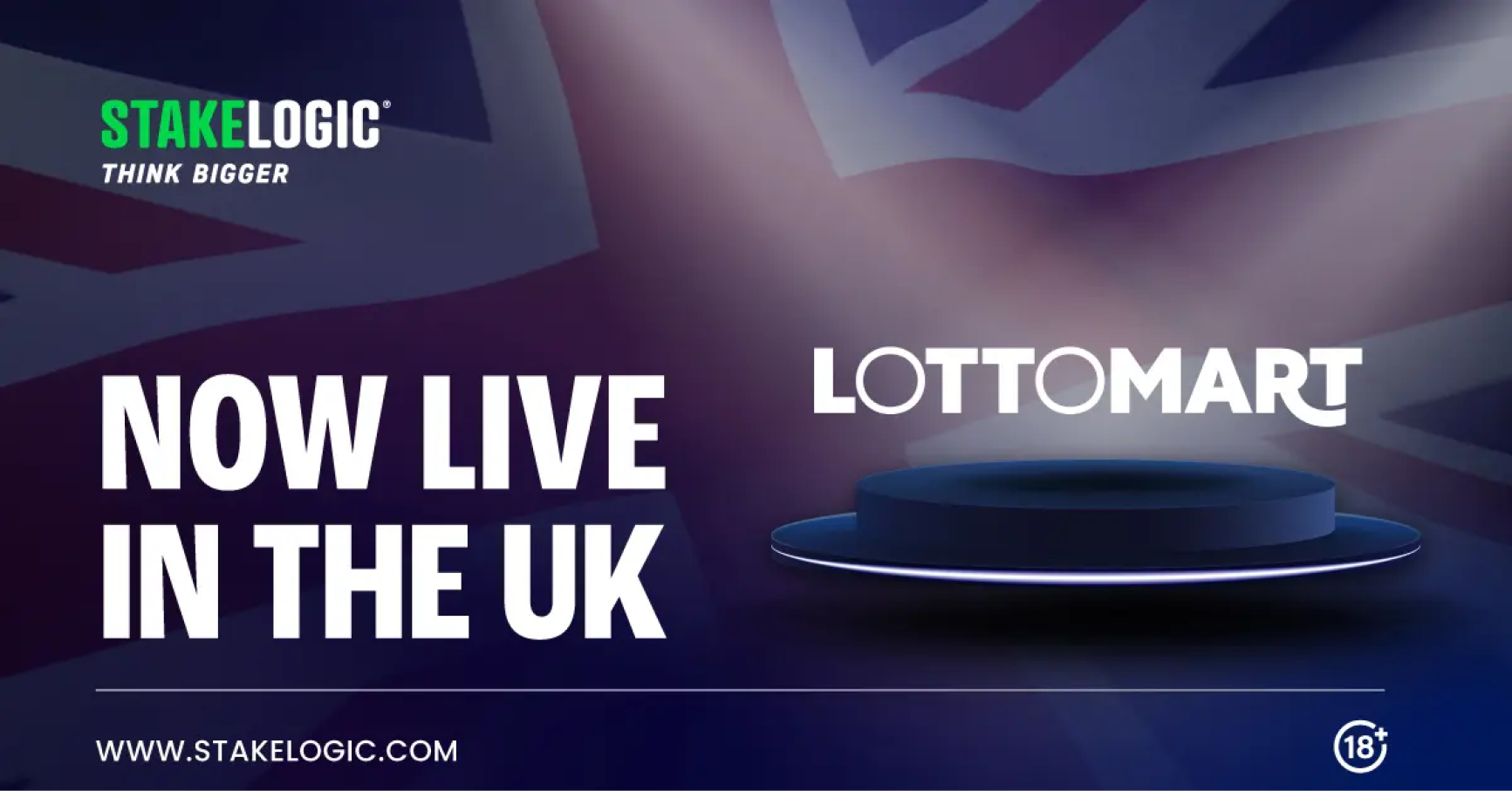Bussiness
World Cup 2024: All the visas that will let you play for the US cricket team

1. P-1 Visa for International Athletes
The P-1 Visa allows professional and amateur athletes worldwide to compete, train, and perform in the U.S. This visa requires a detailed application to ensure success with USCIS.
Sponsorship Requirements
A US-based petitioner is essential for the P-1 visa, which could be:
- U.S. Employer: Requires a contract with dates and wages.
- U.S. Sponsoring Organization: Requires a contract with dates and wages.
- U.S. Agent/Manager: Needs a detailed contract.
- Foreign Employer via U.S. Agent: Similar to a U.S. agent/manager contract.
Athletes must show international recognition with competition records, titles, media coverage, and expert opinions. A written consultation from a labor organization is usually required, confirming the athlete’s participation does not affect the local workforce or stating no objections to the visa petition.
(Join our ETNRI WhatsApp channel for all the latest updates)
Applicants must prove they have a permanent residence in a foreign country with no intention to abandon it, through documents like homeownership or rental agreements.
Extensions and Fees
- Initial Authorization: Up to five years, extendable.
- Fees: $460 standard, $1,440 for premium processing within 15 business days.
The initial P-1 petition can be granted for up to five years, as long as the supporting business or activity remains active. After five years, athletes can extend the petition for an additional five years. For supporting personnel, the P-1S petition is valid for up to one year and can be renewed in one-year increments for a maximum of ten years. Once the extension period ends, athletes or support personnel must return to their home country and apply for a new visa at a consular office.P-1 athletes are typically required to work exclusively for the sponsoring entity. In specific cases, such as a bout, obtaining an additional P-1 visa may not be necessary. It is recommended to consult an attorney before competing for another organization while under a P-1 sponsored by a different entity, such as a manager. If there is a significant change in employment, a new petition must be filed to reflect the new employment arrangement.
For dependents
The P-4 visa is available for the spouse and unmarried children under 21 of both P-1 athletes and P-1S support personnel. Typically, the P-4 visa is valid for the same duration as the associated P-1 or P-1S application. While P-4 visa holders are not allowed to accept payment for work, they may attend school or college.
2. O-1 or P-1S Visa for Coaches
International coaches may qualify for either the O-1 or P-1S visa based on their qualifications and experiences. Successful petitions require detailed explanations of the coach’s experiences and achievements, along with a reputable sponsor who can demonstrate the need for a foreign coach.
An O-1 or P-1S visa must be petitioned by a U.S.-based employer, training facility, agent, manager, or U.S. agent. The P-1S visa must be linked to an approved P-1 petition.
The coach must prove extraordinary ability in relevant categories for O-1 and P-1S visas. Criteria include objective measures, such as national team participation, and subjective measures, such as expert opinions and awards.
Consultation and/or No Objection Letter
While not mandatory, written consultation or no objection letters from a labor union are strongly encouraged. Some sports may lack a labor union or the union may only write letters for contracted athletes. Our attorneys can still secure visas even without these letters.
For Dependents
Spouses and unmarried children under 21 of O-1, O-2, P-1, and P-1S beneficiaries can join via O-3 or P-4 petitions. These visas are valid for the same period as the corresponding primary visa.
Fees
Government fees are $460 for regular processing and an additional $1,440 for premium processing.
Green Card options for athletes
There are two paths for athletes to obtain a Legal Permanent Residence (Green Card) through their profession:
EB-1 – The Einstein Visa
For athletes aiming to secure the EB-1 visa, known as the “Einstein Visa,” self-sponsorship is an option, eliminating the need for employer sponsorship. However, this path requires meeting a high bar by demonstrating extraordinary abilities. This process also grants universal employment authorization during its duration. Approval typically takes around 8 months for EB-1 status, with an additional 6 months needed to obtain the Green Card.
EB-2 & EB-3 – Foreign Immigration Skilled Worker Visa
Alternatively, athletes may pursue the EB-2 or EB-3 visa categories, which require employer sponsorship. These paths demand a labor certification and advertisement of the position. The EB-2 and EB-3 visas have a lower bar compared to EB-1, requiring a match of the job description for an employer and a job offer. However, the application process for these visas is lengthier, typically spanning two years.
EB-1A Self Sponsorship Green Card
The EB-1A visa is the suitable choice for fighters with exceptional abilities. The advantage of this visa is that it doesn’t mandate a labor certification, a process requiring approval from the Department of Labor and public advertisement of the position. Since the EB-1A visa bypasses the labor certification requirement, it offers a shorter processing time compared to EB-2 and EB-3 visas.
The initial stage of the process, involving approval as an alien with extraordinary abilities, typically takes about 7-8 months for USCIS to process and approve. Upon approval, the applicant gains work authorization while waiting for adjudication of the Green Card application, which can take another 6-8 months.
Applicant must meet 3 out of the 10 listed criteria
- Demonstrated receipt of nationally or internationally recognized prizes or awards for excellence
- Membership in associations within the field, known for demanding outstanding achievements
- Presence of published material about the fighter in professional or major trade publications or other significant media outlets
- Experience in judging the work of others, whether individually or as part of a panel
- Contributions of major significance to the field, whether scientific, scholarly, artistic, athletic, or business-related
- Authorship of scholarly articles in professional or major trade publications or other significant media outlets
- Participation in artistic exhibitions or showcases showcasing the fighter’s work
- Holding a leading or critical role in distinguished organizations within the field
- Receiving a high salary or significantly high remuneration compared to others in the field
- Achieving commercial successes in the performing arts
EB2 & EB3 Employer Sponsored Green Card
Athletes aiming for permanent jobs in the US have two visa options: EB-2 and EB-3. EB-2 is for those with exceptional abilities in fields like sciences, arts, business, and even sports. This route usually needs candidates to hold advanced degrees, like a Master’s from a US university or its equal abroad.
Alongside academic qualifications, applicants must show letters from bosses backing up their field experience. Though not for every athlete, this path, seen in Russia’s common practice of pairing a Master’s with stellar sports records, can beat EB-3 with its tougher rules and fewer applicants, making it easier to get through the Labor Certification process.
Both EB-2 and EB-3 need the job to be advertised to the public before picking a foreign worker, with officers using a seven-point system to check if the applicant’s got what it takes.
On the flip side, EB-3 is for pros, skilled workers, and others with different levels of experience, even unskilled workers filling roles with no qualified Americans in sight. This choice suits athletes without the academic creds needed for an EB-2.
The trickiest bit of EB-2 and EB-3? That’s the labor certification stage, needing lots of attention and detail. Employers must prove no qualified Americans are up for the job and that they can support the athlete financially. Tailoring job descriptions to match the athlete’s skills is key, with legal help often needed.
Handled by the US Department of Labor, the labor certification process is a must before moving forward in EB-2 or EB-3. It’s about proving no bias against foreign workers by promising to pay fair wages. This step, taking about six months, comes before processing EB-2 or EB-3 applications, highlighting the care and time needed to get a permanent job this way.
Fees vary for different visa types. For EB-1, there’s a $700 fee for Form I-140 and $1225 for Form I-485 Adjustment of Status. For EB-2 and EB-3, there are no PERM Labor Certification fees, but Form I-140 costs $700, and Form I-485 Adjustment of Status is $1225.










